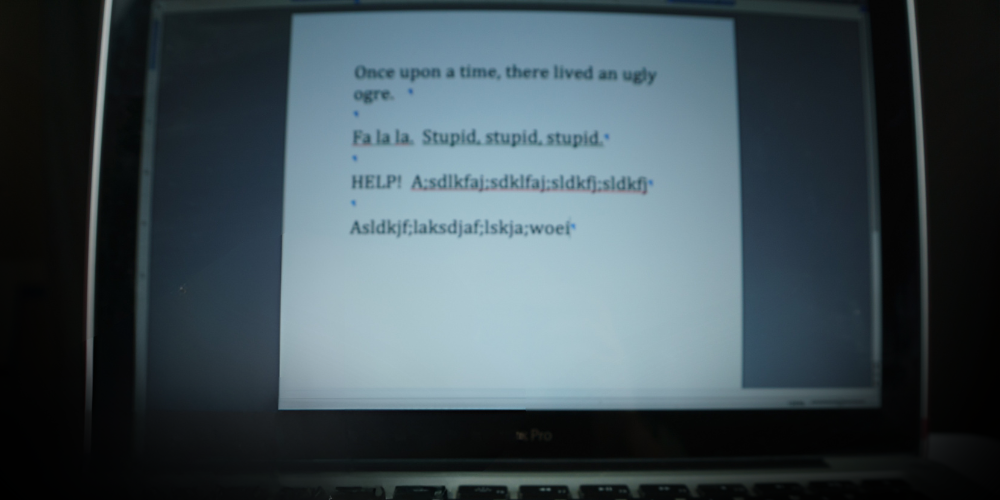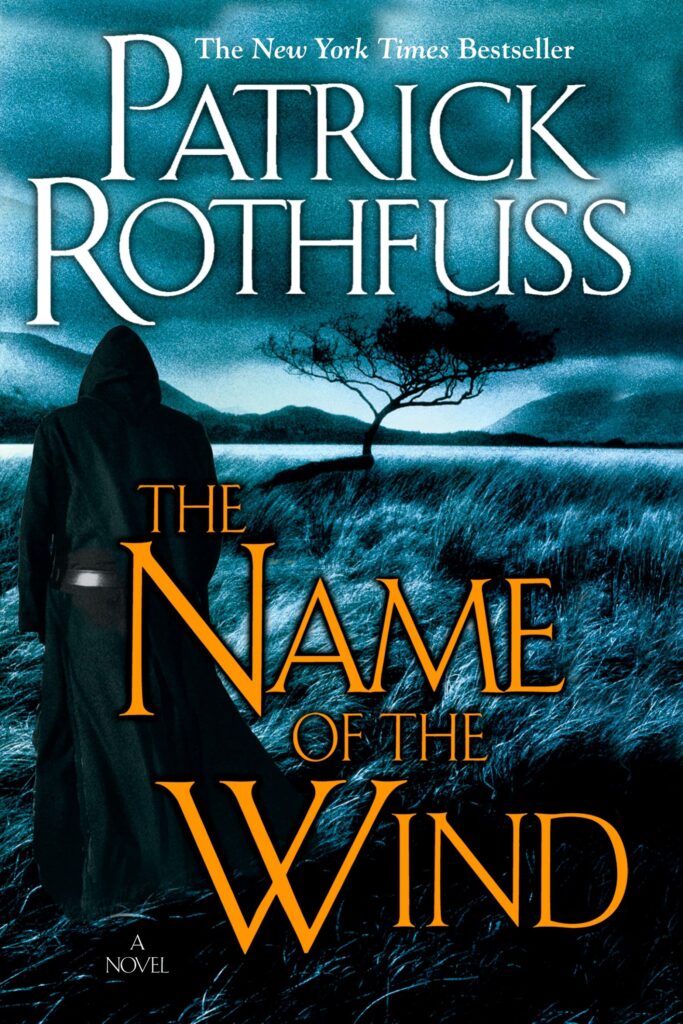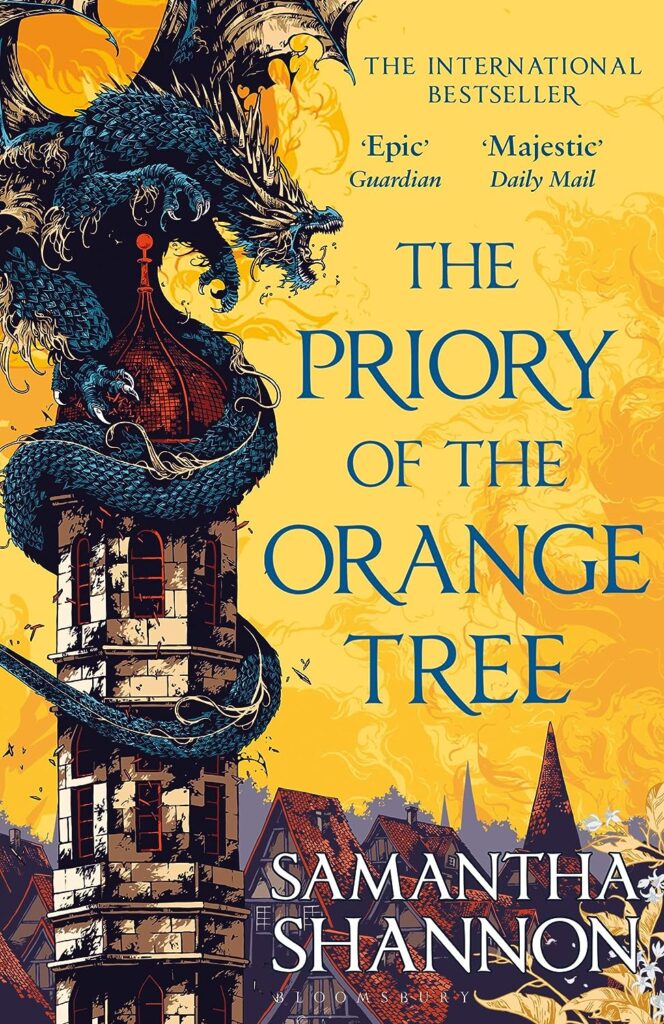The Journey of Writing a Novel:
Challenge of Writers' Block
I am writing a novel, and it’s not easy to face the dreaded blank page, unsure of how to proceed. Distractions, self-doubt, and unclear directions are primary reasons for not writing. Weeks might turn into months without progress. The weight of expectations, both internal and external, can paralyze even the most dedicated writers, leaving us staring at that cursor blinking mockingly on the screen.
This blog is about writer’s block, that mysterious affliction that has haunted writers throughout history, from novices to literary giants.
While taking your time can lead to some of the most beloved and enduring stories in fantasy literature, you can bet the book publishing companies were not as accommodating of follow-up novels. The Name of the Wind by Patrick Rothfuss took 14 years to write. The Lord of the Rings by J.R.R. Tolkien took 12 years. Did these authors have writer’s block? Their experiences remind us that creative journeys rarely follow a predictable timeline. George R.R. Martin’s ongoing struggle with completing The Winds of Winter shows how even established authors can find themselves trapped in the labyrinth of their own creation, wrestling with plot complexities and character arcs that refuse to align perfectly.
With tools like Scrivener, you can avoid writer’s block by skipping to write a different scene. This non-linear approach to writing has revolutionized how modern authors tackle their craft, allowing them to follow their inspiration wherever it leads. Focus on progress rather than outcomes. Create a consistent schedule to build a habit of writing, even if it’s just 15 minutes a day. And treat writing like an exercise program—regular practice strengthens your skills. Divide your project into smaller sections, such as scenes or chapters. This technique, often called “chunking,” makes the mountainous task of writing a novel feel more manageable, like assembling a puzzle piece by piece rather than trying to create the entire picture at once.
Freewrite to explore your characters’ thoughts. Let them surprise you with their secrets and desires. Sometimes the most compelling plot twists emerge from these unstructured writing sessions, where your subconscious mind takes the lead. Sometimes, stepping away briefly to focus on another activity can spark ideas. Take a walk, cook a meal, or engage in any activity that occupies your hands while freeing your mind to wander. And most importantly, regularly remind yourself why you’re excited about your project.
Revisit the themes, characters, or ideas that first inspired you to write. The Priory of the Orange Tree by Samantha Shannon is a richly layered fantasy novel inspired by themes of feminism and gender roles. It is a feminist epic that challenges traditional fantasy tropes often dominated by patriarchal structures. The novel features powerful women in leadership roles, such as Queen Sabran, and explores how different societies perceive and wield power. There are also the ideas of dragon mythology and duality where Shannon drew from Eastern and Western dragon lore, contrasting fire-breathing beasts with benevolent, water-associated dragons. The dragons represent both destruction and harmony, reflecting cultural differences and the potential for unity. Her novel contains religious tensions, queer representation, and historical and political intrigue. Shannon was fascinated by how prophecies and ancient legacies shape modern perceptions and actions. These inspirations come together to create a novel that feels both timeless and fresh, blending classical fantasy elements with modern sensibilities.
The creative process isn’t just about putting words on paper; it’s about nurturing the spark that ignited your story in the first place. When writer’s block strikes, it often signals a need to reconnect with that initial inspiration or to explore new aspects of your narrative world. Consider keeping an inspiration journal where you collect quotes, images, or random thoughts that resonate with your story’s themes. This repository of creativity can serve as a lifeline during times when the words don’t flow freely.
Overcoming writer’s block is less about fighting it and more about understanding it as part of the creative process. By setting realistic goals, and staying connected to the joy of storytelling, you can turn moments of frustration into opportunities for growth. Remember, every word you write—even the ones you think are flawed—brings you closer to the story only you can tell. So, take a deep breath, trust your creativity, and let your words flow. The blank page isn’t your enemy; it’s your canvas, waiting patiently for your unique vision to unfold across its surface.
I want to give a quick shout-out to PLOTTR software. I’ve found it has really improved my writing game and increased my efficiency tremendously. It is my new favorite writing aid. Use any of my affiliate links below and I might get a small commission. Thanks.
Check out my YouTube channel for PLOTTR videos @jlnichauthorsff
Joseph Michael’s Learn Scrivener Fast e-course
Please read and review my serial publishing novel, Sparrow’s Legacy, on Kindle Vella. You can read the first three chapters free on Amazon by searching for “Sparrows Legacy Kindle Vella” or clicking here. I. Please subscribe to my website if you want to be notified when I’ll be publishing or to get free samples of my work.
JL Nich, Science Fiction Fantasy Author






